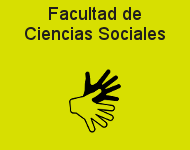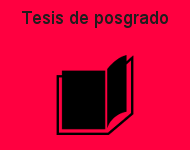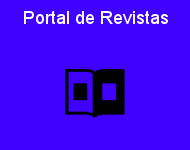Índice-h de universidades chilenas líderes en investigación y su relación con rankings basados en la percepción de su prestigio
Hirsch´s Index of Research Leader Chilean Universities and Its Relationship To Rankings Based on the Perception of Its Prestige
info:eu-repo/semantics/publishedVersion
ISSN 1514-8327 (impreso)
ISSN 1851-1740 (electrónico)
Authors publishing in this journal acknowledge the conditions below:Authors retain the copyright of their work while they transfer the right of the first publishing to the journal, under the Creative Commons Attribution-Noncommercial-No Derivative Works 3.0 Unported Licence, which allows third parties to reproduce them under the condition that express mention is given to the author and to its original publication in the journal.Authors may enter into other contractual and independent arrangements for the non-exclusive distribution of the version of the article published in this journal (for instance, it can be published in an institutional repository or in a book). In any case, an express mention should be given to its first publication in the journal.It is permitted and encouraged to publish online the articles (for example, on institutional or personal pages).
 842.oai
842.oai Cita bibliográfica:
Rau, Jaime R.; Laboratorio de Ecología, Departamento de Ciencias Básicas & Programa de Educación e Investigación Biológica y Ambiental (Programa IBAM), Universidad de Los Lagos, Campus Osorno, Casilla 933, Osorno (2008-06-01). Índice-h de universidades chilenas líderes en investigación y su relación con rankings basados en la percepción de su prestigio. (info:eu-repo/semantics/article). En: Información, cultura y sociedad; núm. 18 (2008); 77-84. Instituto de Investigaciones Bibliotecológicas. Facultad de Filosofía y Letras. Universidad de Buenos Aires. [consultado: 23/5/2025] Disponible en el Repositorio Digital Institucional de la Universidad de Buenos Aires: <http://revistascientificas.filo.uba.ar/index.php/ICS/article/view/842>






























